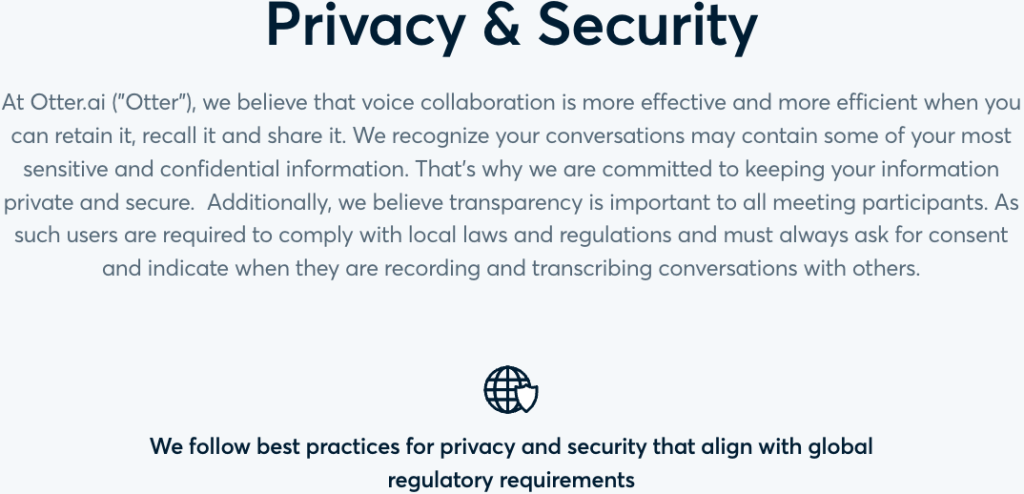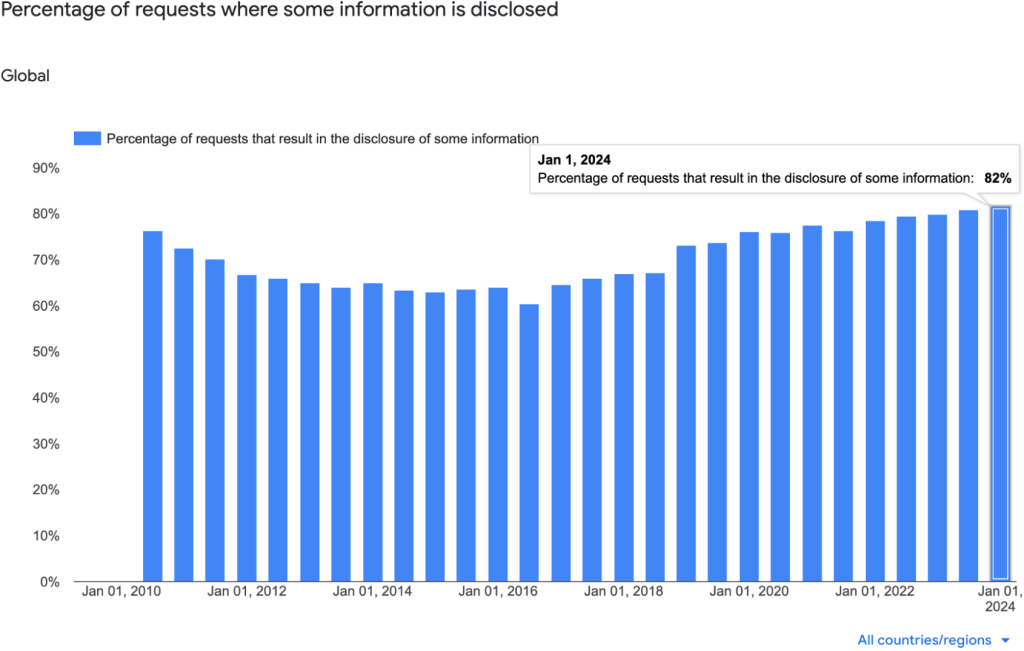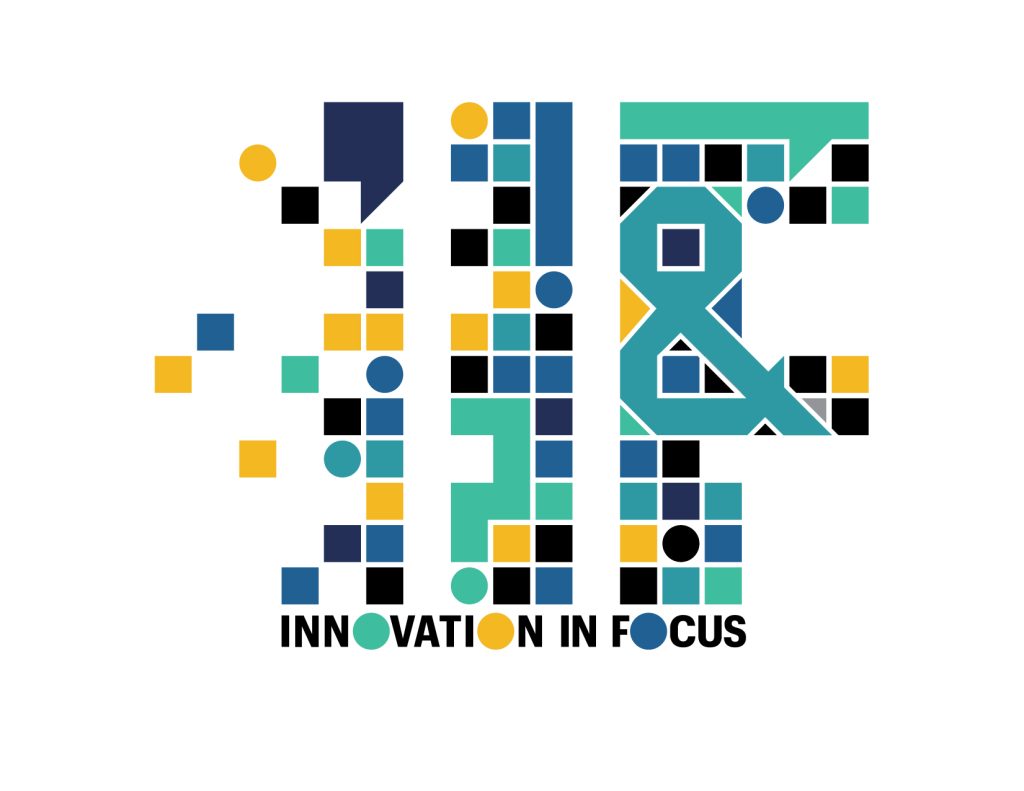
We evaluated the data security of five transcription services for journalists
Google, Otter, Sonix and Rev have various levels of security and protection
In early 2023, Innovation in Focus tested five transcription services: Rev, Sonix, Otter, Google Pinpoint and Parrot. While we initially considered many factors related to functionality — speed of transcription, accuracy, language capabilities — this time we wanted to explore how each platform protects journalists’ data.
As we began to investigate the data security policies further, Otter and Rev remained at the top of our list. Still, we identified some general best practices for using any transcription service.
Note: Parrot.AI’s transcription services have been discontinued since our initial experiment.
How does each service protect your data?
To find the answers to our questions on data security, we first looked through all the privacy policies, which can be overcomplicated. Each privacy policy was in a forgettable location, such as the very bottom of the homepage, and we had to click around to find specific parts of the policy. For example, Otter has a separate page detailing its Data Request Policy.

Otter, Rev, Parrot, and Sonix state that if any government official requests the user’s data, the user will be notified unless explicitly told otherwise by the officials. Later in the policy, all of these services stated that they can access conversations and review them, which is important to remember when recording an interview about a sensitive topic or anonymous source.
Rev offers a non-disclosure agreement to users who want to protect their transcriptions. Sonix and Parrot don’t have that, and Google releases transparency reports showing that they have disclosed information from more than 80% of requests from government agencies.
Even if the transcription service does not publish reports like Google, you can ask whether they comply with requests from law enforcement, what percentage of requests they accept and where or what agencies these requests come from.

Who has access to my data?
If you’ve read through the data security policies, and you’re still unclear about how the platform will use your data, you can always ask them directly.
We contacted all of the services that could provide a specific answer, excluding Google Pinpoint because there was no help option. From Sonix, we were told that only people who the user allowed in their permissions could see transcriptions and user data, which the user could adjust. As for Otter, the representative only responded with, “You have access to your own conversations.” However, other journalists have looked into Otter and determined that the service has shared personal data with third parties in the past. And one news organization in Australia even banned the use of Otter.
Should I record private or delicate information using any transcription service?
In an age where nothing is ever truly private, sometimes it’s best to simply not enter any data into a transcription or other third party service, according to Davis Erin Anderson, Digital Director of the Freedom of the Press Foundation. If working with highly sensitive or confidential interviews, Anderson recommends limiting the number of places where you are uploading that data — in other words, it’s best to go the old-fashioned route of pen and paper rather than trusting corporations and platforms. Also, if part of your conversation is off the record, she suggests splitting up the recording so you only have to run the on-the-record portion through a transcriber.
The Freedom of the Press Foundation also outlines more tips and questions to ask of your transcription service, including a deeper dive into other platforms that we did not evaluate like Descript, Temi and Trint.

Sign up for the Innovation in Focus Newsletter to get our articles, tips, guides and more in your inbox each month!
Cite this article
Mulugeta, Lulit (2025, Feb. 3). We evaluated the data security of five transcription services for journalists. Reynolds Journalism Institute. Retrieved from: https://rjionline.org/news/we-evaluated-the-data-security-of-five-transcription-services-for-journalists/
